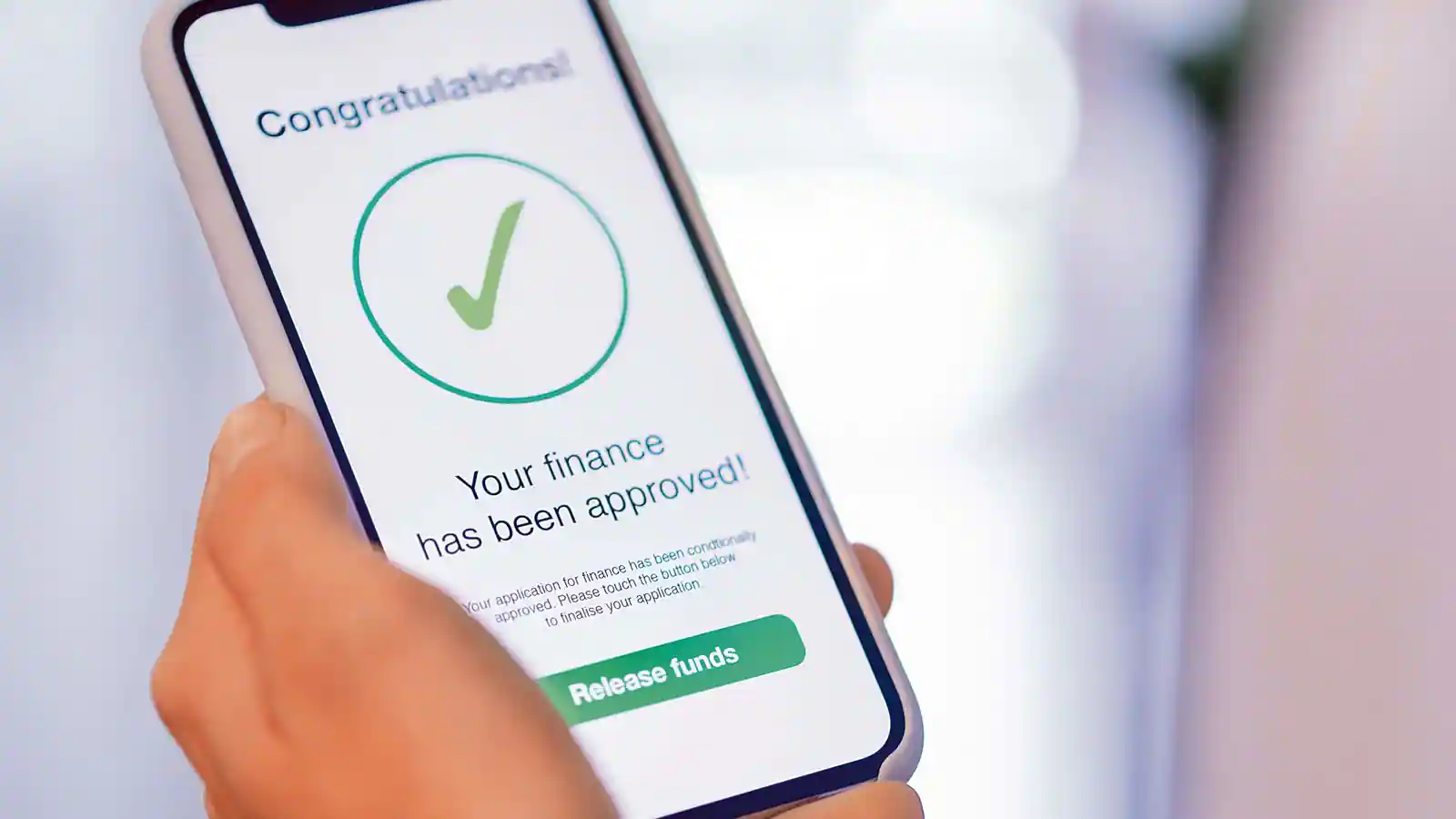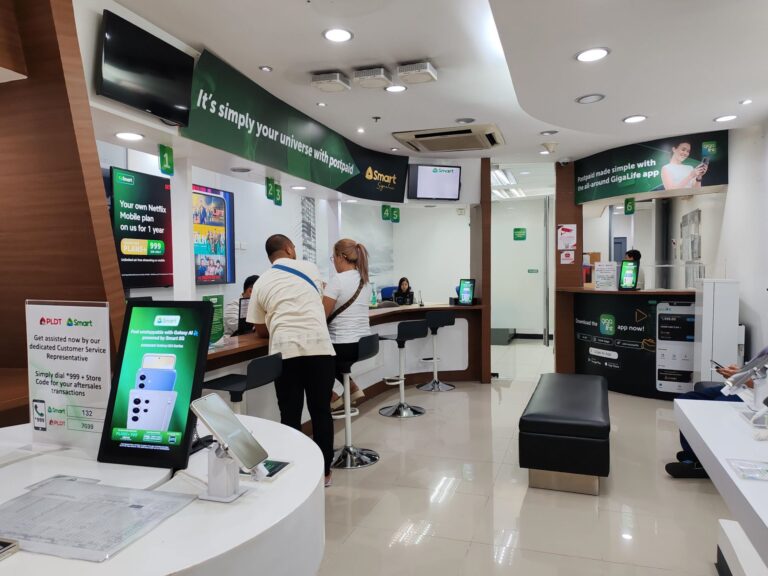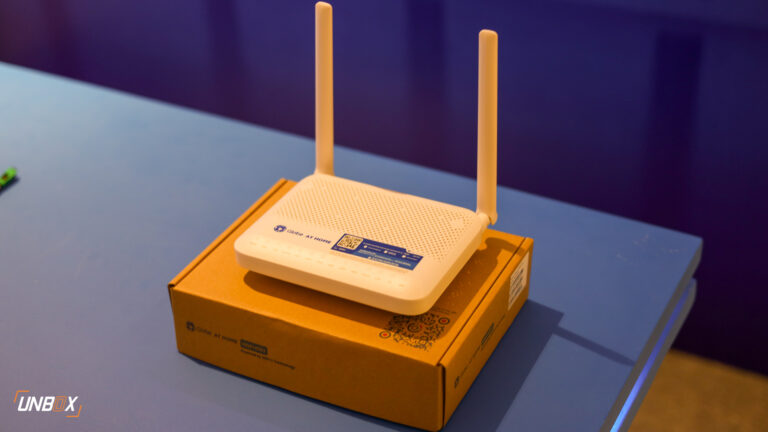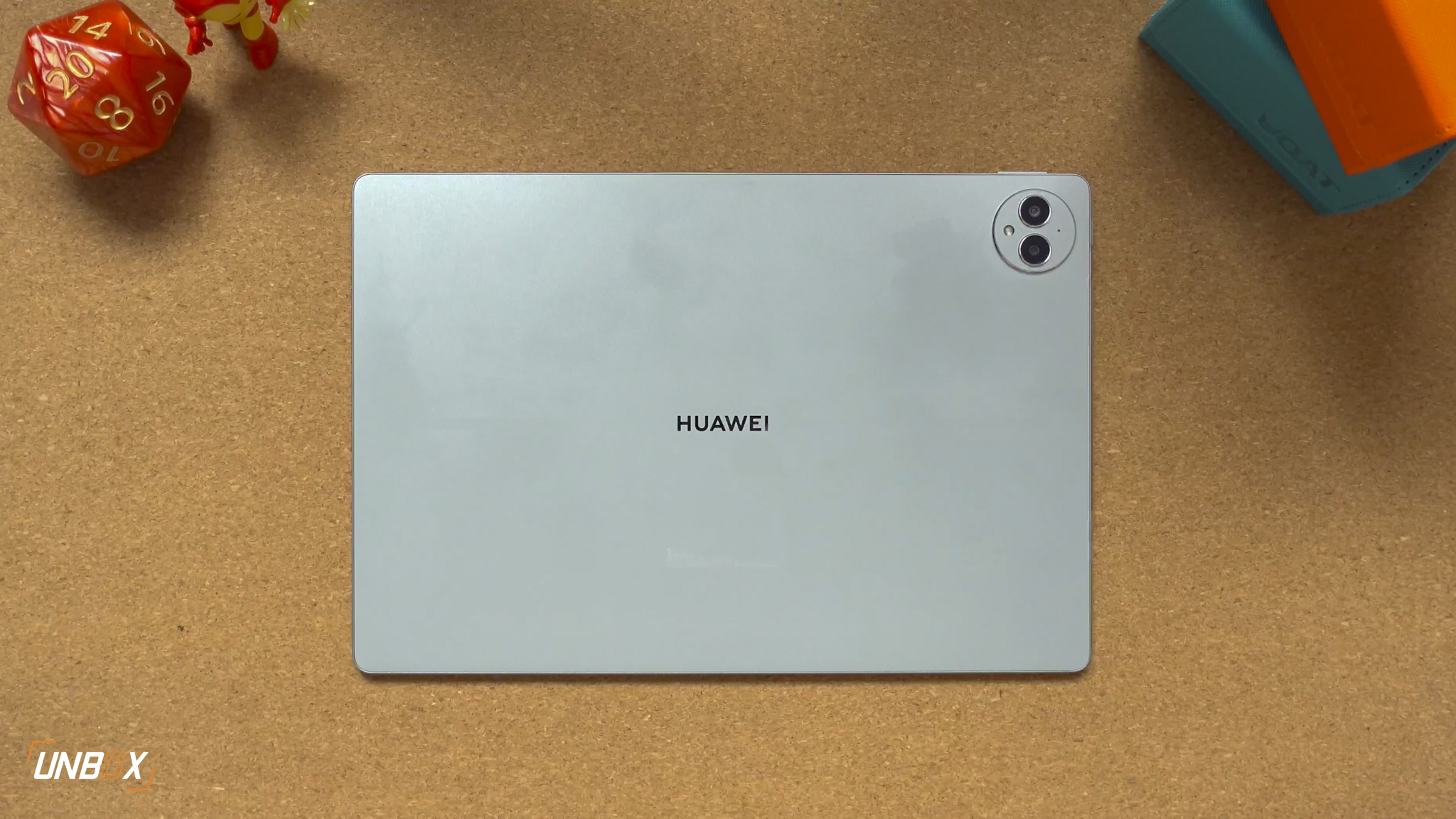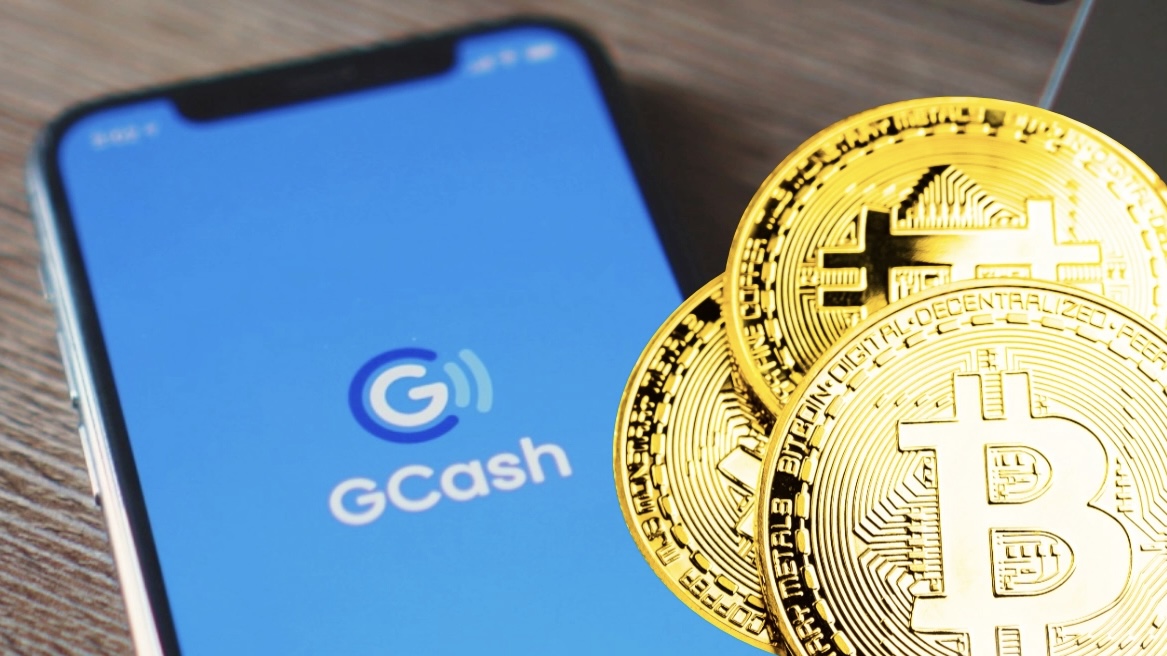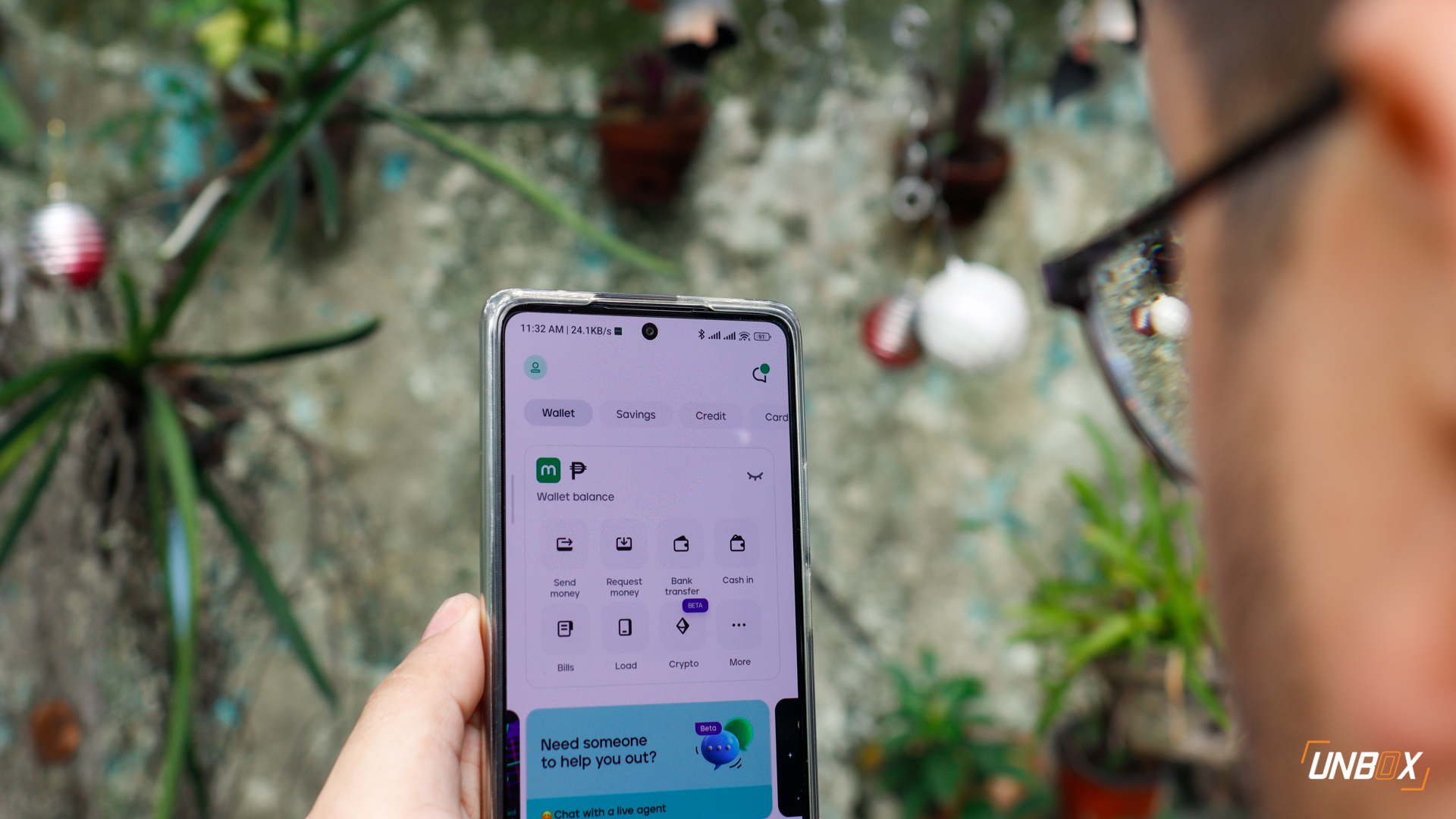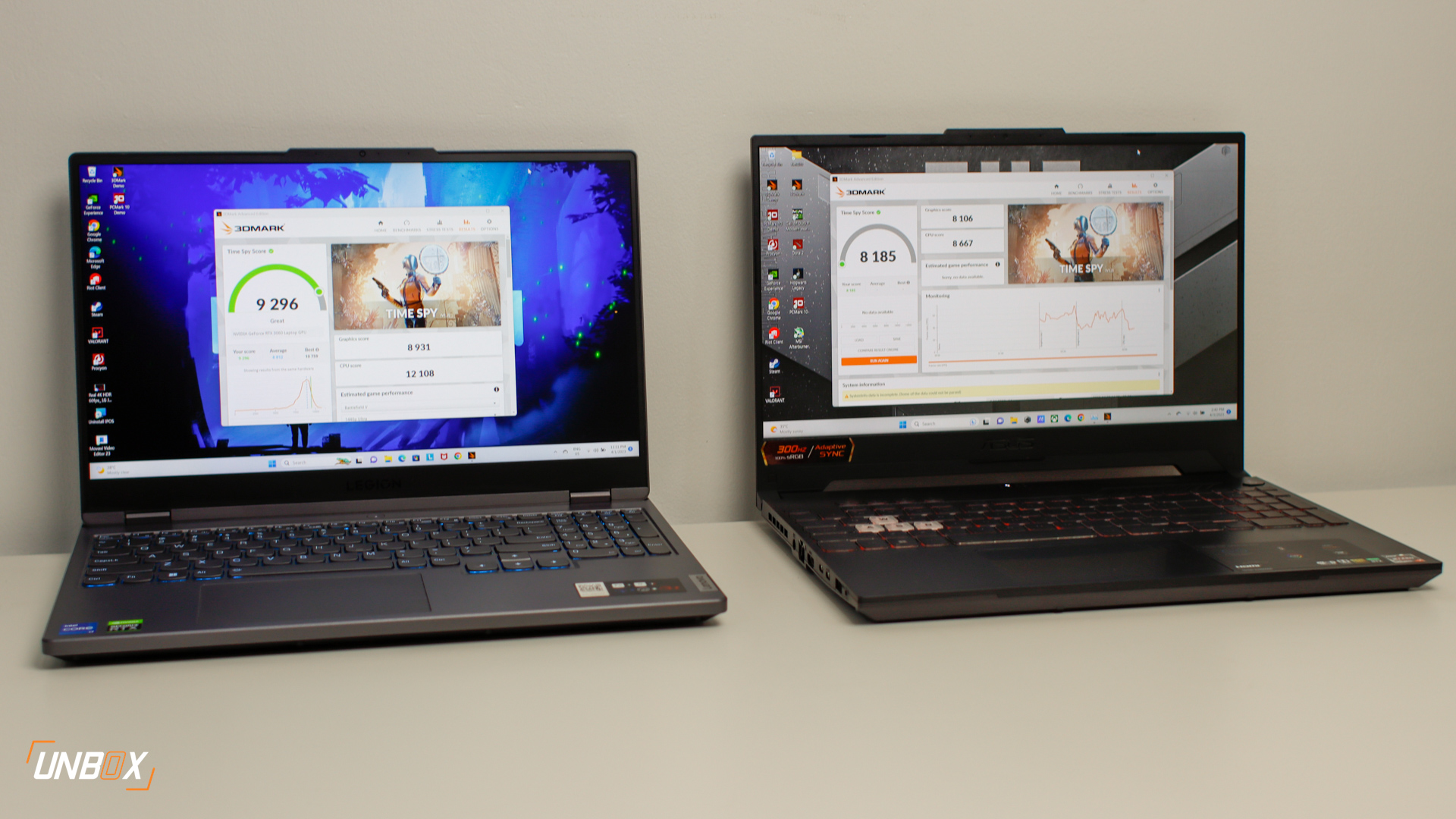One of the many things that the internet has made easier is lending. Online lending is now a thing, you can now borrow cash through mobile apps. With all the convenience it offers, online lending has attracted many consumers in the Philippines.
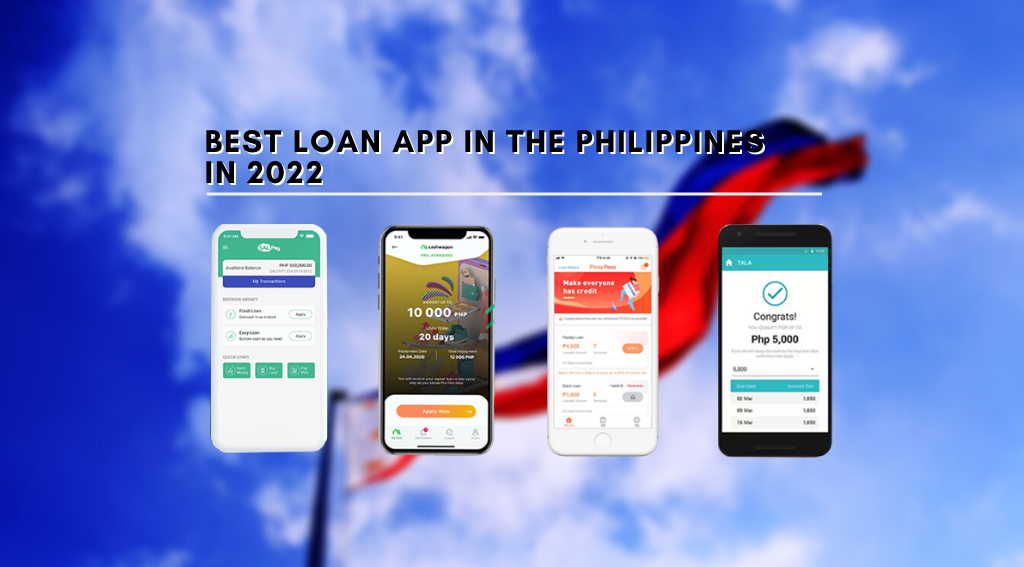
Most lending apps require just your basic information, in addition to one valid ID. This makes them reliable in times of emergency and also hassle-free as there is no need to leave the comforts of your home. These reasons alone are enough to justify its increasing popularity. However, the problem with most online lending companies is that they charge excessive interest rates. They also employ abusive collection practices.
Interest Rates
Last year, the Banko Sentral ng Pilipinas (BSP) prescribed the maximum interest rates and other fees to be charged by lending and financing companies, and their online lending platforms.
The central bank fixed the maximum nominal interest rate at 6 percent per month, or about 0.2 percent per day, and the effective interest rate (EIR) at 15 percent per month, or about 0.5 percent per day for covered loans which are unsecured, general purpose loans that do not exceed the amount of P10,000 and with a loan tenor of up to four months.
Despite the regulation, many online lending apps are still charging excessive interest rates and consumers are still consenting given their financial desperation. More often than not, this prevents them from financially recovering, putting them in a more unfavorable situation.
This is why it is important to know the allowable interest rates and save yourself from loan sharks. Some apps intentionally hide the rates but you can always check their reviews on Google Play Store or Apple App Store. You also have to be cautious of the hidden charges.
Abusive Collection Practices
You probably heard of online lending apps shaming their clients for failing to pay. It is usually done by messaging everyone in their client’s contact list, messaging their client’s friends on social media, or causing a scene in their client’s residence.
According to The National Privacy Commission (NPC), “many online lending apps have been the subject of various complaints of unauthorized use of personal data that resulted in harassment and shaming of borrowers and are currently being investigated for violations of the Data Privacy Act and other NPC issuances.”
The agency has made it clear that it is illegal to access the data on the borrowers’ mobile devices, including contacts and social media information. More so, to weaponize this information in order to harass and shame them into paying their debts.
Not Totally Evil
Despite the bad reputation of online lending apps in the Philippines, they can still be beneficial on your part. Just do your part by examining the terms and considering the risks before taking the bait. After all, it is only you who can gauge your situation. We can only remind you of the possible doom it may bring.


